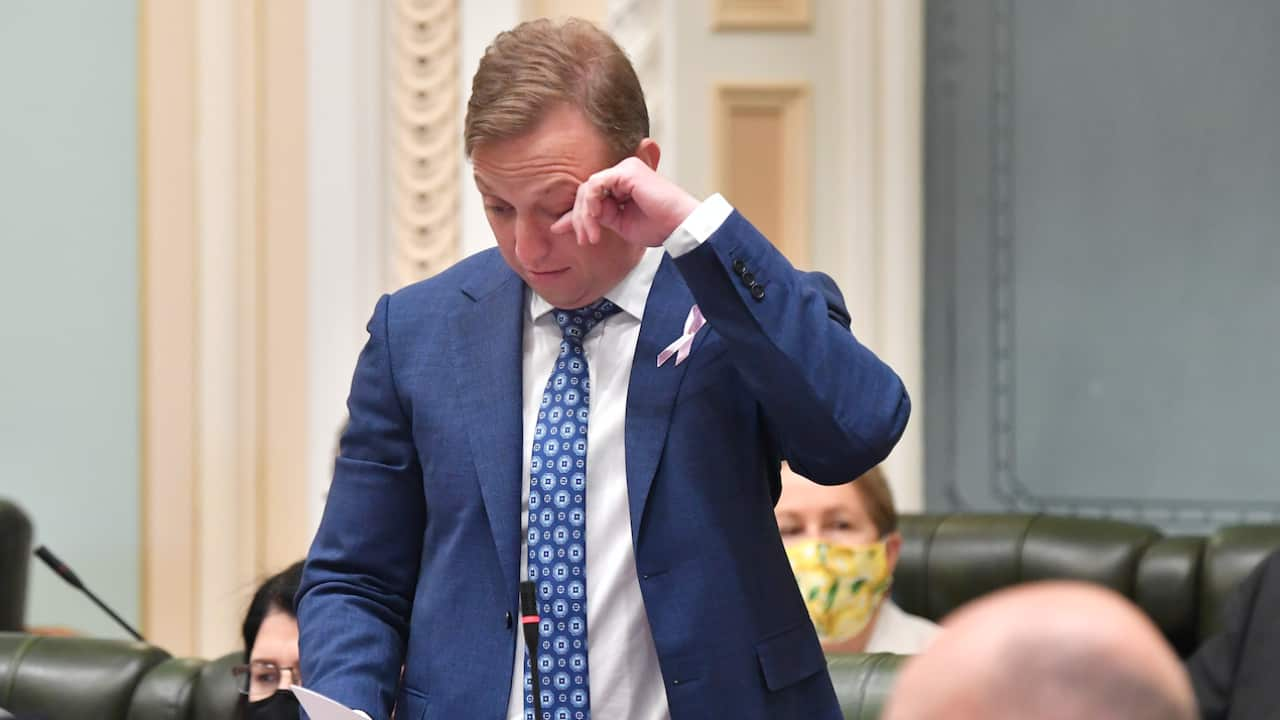Assisted dying has become legal in New Zealand, a year after 65 per cent of voters cast their ballots in favour of the law.
Last October 2020, two thirds of New Zealanders voted yes for the new law that allows a terminally ill person to request assisted dying.
Two doctors must agree the patient is well-informed and other legal criteria are met, and only a person with a terminal illness and less than six months to live will be eligible.
The ACT party, who introduced the bill to parliament, said the legislation allowed choice, control and compassion to those suffering.
"From today we will have a kinder, more humane and compassionate society," deputy leader Brooke van Velden said in a statement.
"A society should be judged by how it treats its most vulnerable. Our country will now give those who face terrible suffering at the end of their life compassion and choice. It's a good day to be a Kiwi."
But some say inequity has been raised with the law, with fears that assisted dying could be used to save healthcare costs and worsen discrimination against Maori and Pacific Islanders.
It is not yet clear how many New Zealanders may seek assisted dying, but the Ministry of Health estimates up to 950 people could apply each year, with up to 350 being assisted to die.
The law comes three weeks after a bill to legalise assisted dying was .
A similar bill was narrowly voted down in the upper house nearly four years ago, but advocates are optimistic this time will be different.
The reform would make NSW the last state in Australia to embrace voluntary assisted dying.
Readers seeking support and information about suicide can contact 24 hours a day online and on 13 11 14. Other services include the on 1300 659 467, and (for people aged five to 25) on 1800 55 1800.











